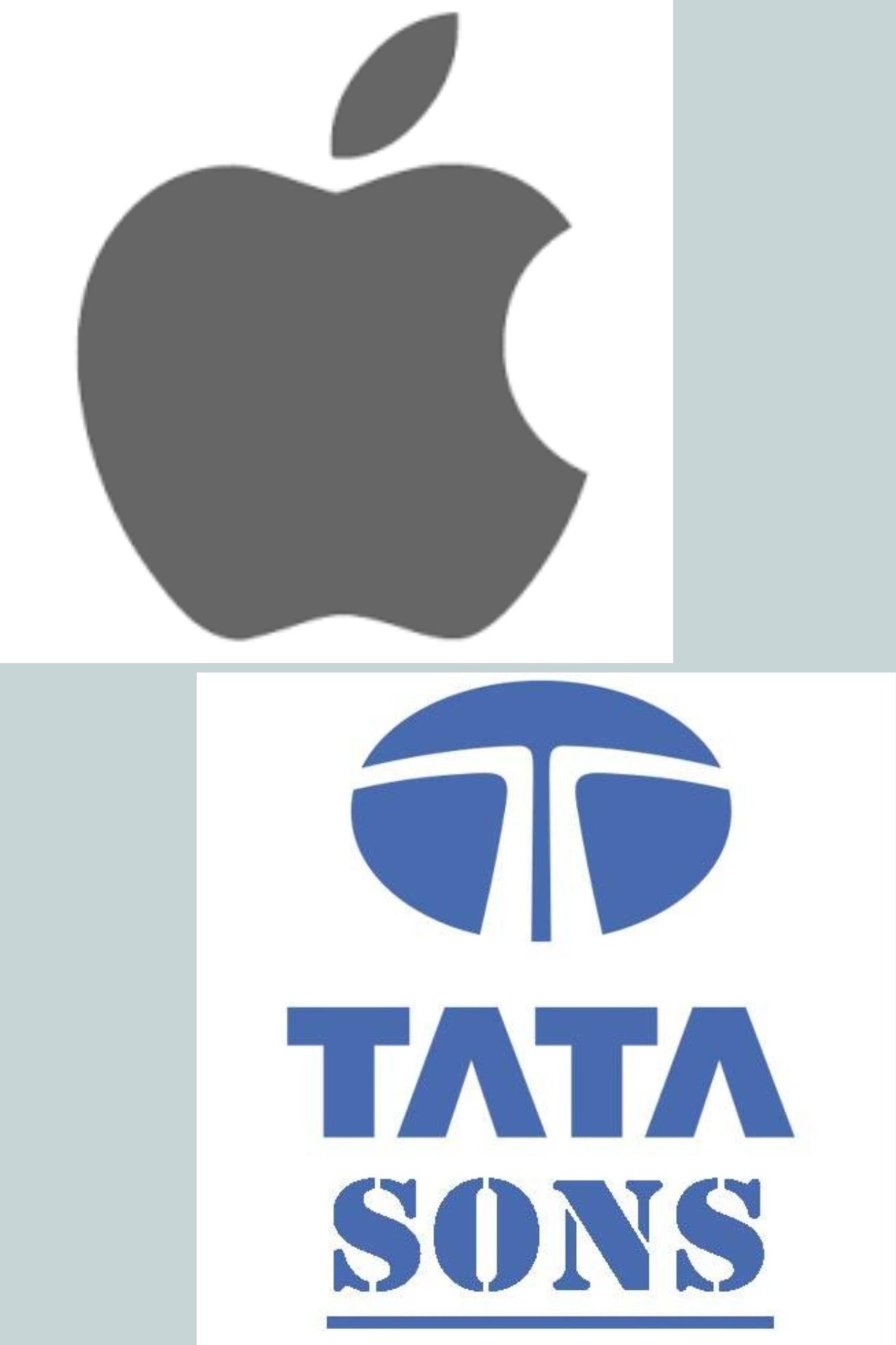Tata Group’s Strategic Move to Accelerate Apple’s Growth in India with Massive iPhone Manufacturing Plant”
In an effort to increase Apple Inc.’s market share in India, Tata Group is preparing to build one of the biggest iPhone assembly plants in the country. With this large-scale project, Apple hopes to further localize its supply chain and increase production in South Asia.
Tata intends to establish a new manufacturing facility in Hosur, in the southern state of Tamil Nadu, indicating a major investment in India’s rapidly developing technology industry. Insiders, who want to remain unnamed since the plans are private, disclose that the complex is expected to include about 20 manufacturing lines and employ over 50,000 people in its first two years of operation. According to the planned schedule, the plant might be operational in 12 to 18 months.

Following its acquisition of an iPhone manufacturing plant in Karnataka from Wistron Corp., Tata has made this move. The Hosur facility is in line with Apple’s desire to strengthen its relationship with Tata and move away from its dependency on Chinese production. Apple has been expanding the regions where it produces its goods, working with partners in Malaysia and Thailand, among other nations, to assemble and produce parts.
Tata’s move to enter the iPhone manufacturing industry is part of a larger strategy to expand its business outside of its more well-known industries, such as software and salt manufacture. At the same time, the business has stepped up hiring at its present Hosur facility, which specialized in making metal iPhone shells. Tata wants to establish 100 stores that will only sell Apple products in an effort to increase its retail presence. Concurrently, Apple has opened two of these locations and plans to open three more across the nation.
Best Deal For iPhone, Click Here
Tata executives did not respond to questions regarding the development, while an Apple representative refrained from commenting in order to preserve project confidentiality.
Under the direction of Prime Minister Narendra Modi, the Indian government has been aggressively promoting foreign investment in the manufacturing sector by offering incentives that are tied to production. As a result, significant Apple suppliers have expanded their footprint in India, including Foxconn Technology Group and Pegatron Corp. As a result, Apple was able to produce more than $7 billion worth of iPhones in India in the most recent fiscal year—roughly 7% of the device’s total worldwide manufacturing. The last working iPhones are still put together in China, which has long been Apple’s manufacturing base.
The new Tata Plant is expected to be medium-sized in the global iPhone manufacturing scene, but it will soon be larger than the Wistron plant that was previously acquired. Wistron now employs over 10,000 people. It is anticipated to be less expensive than the largest Foxconn facility in China, which employs hundreds of thousands of people.
Industry watchers speculate that production at the new factory would start shortly before state-sponsored financial incentives expire, which might lead Apple and Tata to approach the government to request more subsidies to maintain the facility.
The strategic investment made by the Tata Group in a sizable iPhone manufacturing facility marks a turning point in the development of both Apple and Tata in the Indian market. This action highlights the growing significance of India in Apple’s global supply chain strategy and is in line with the government of India’s goal for more domestic production. As the project develops, it has the potential to have a significant economic impact, creating jobs and strengthening India’s standing in the competitive smartphone manufacturing industry.

